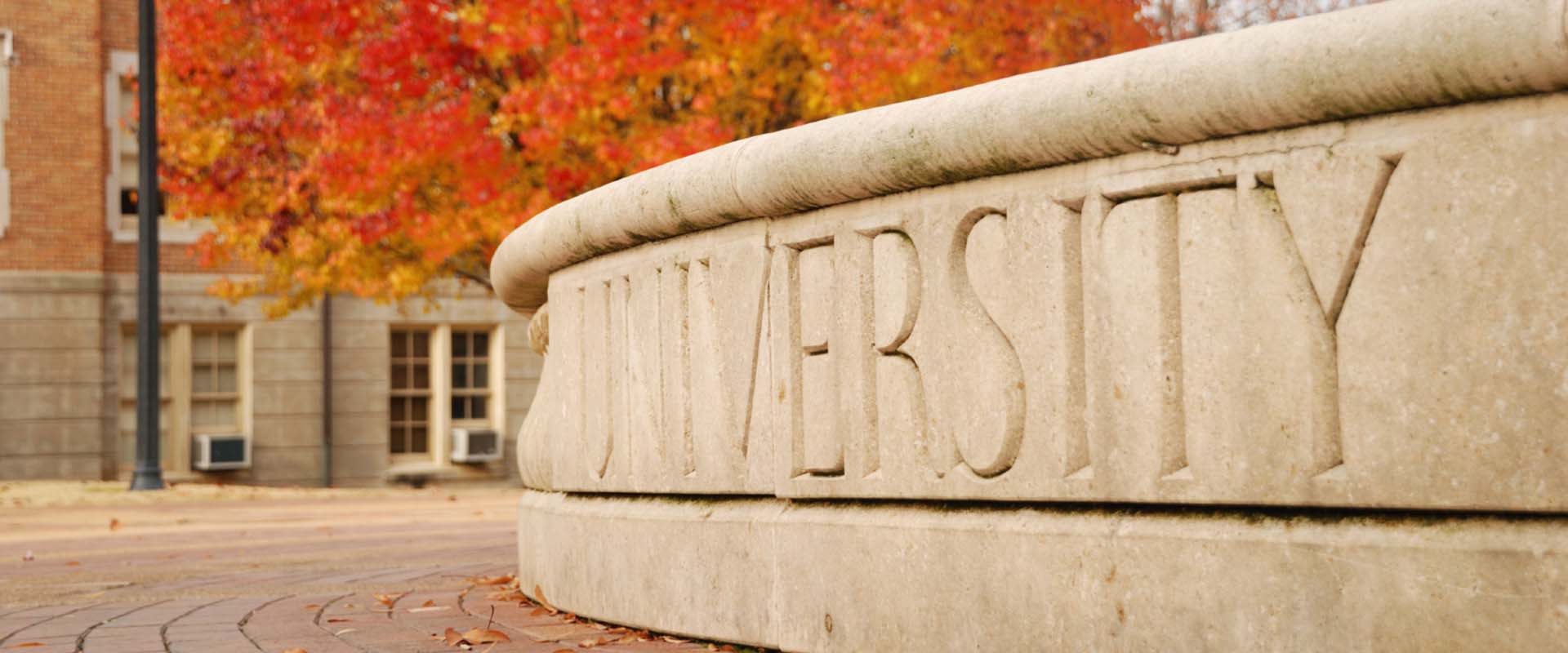Court Reaffirms Undocumented Students' Eligibility for Higher Education Aid Programs

February 2017
Number 6
The Second District Court of Appeal has rejected arguments that sought to bar the University of California (UC) from making certain financial aid programs available to undocumented students. In decidingDe Vries v. Regents of University of California (2016) 6 Cal.App.5th 574, the appellate court has reaffirmed undocumented students' eligibility for such programs.
As some colleges express concern about the potential for federal policies that could impact their undocumented students, De Vries builds on the existing body of law that enables California's higher education institutions to provide support for such students.
In its December 9, 2016 decision, the Court of Appeal held that three laws that aid undocumented students apply to those attending UC: Assembly Bill (AB) 540 (2001), which allows certain undocumented students to qualify for resident fees; AB 131 (2011), which makes undocumented students eligible for state aid programs; and SB 1210 (2014), which allows undocumented students to participate in student loan programs. The taxpayer plaintiff filed suit in Los Angeles County Superior Court challenging the legality of these programs at UC. The trial court dismissed the suit, and the Court of Appeal affirmed that decision.
Central to the case is a federal law, 28 U.S.C. section 1621(d), which states that undocumented immigrants may be "eligible for any state or local public benefit," including those related to postsecondary education, "only through the enactment of a State law … which affirmatively provides for such eligibility." The plaintiff argued that under section 1621(d), such a state law must directly grant a benefit to the students, but that the three state laws at issue only granted the benefits they confer to students at California State University and the state's community colleges, and not to students attending a UC. The plaintiff in De Vries then honed in on the unique status of UC under the California Constitution, which grants its Board of Regents "broad powers to organize and govern the university and limits the Legislature's power to regulate either the university or the regents." The plaintiff insisted that the three state laws in question do not, and cannot, affirmatively provide for any benefit to students at UC as required under section 1621(d) because the Legislature cannot legislate UC and UC cannot otherwise enact a state law.
The Court of Appeal rejected these arguments. First, the court held that section 1621(d) "requires only that state law provide eligibility for undocumented immigrants to receive public benefits. It does not require that state law confer such benefits on eligible persons or mandate that any other entity do so." Therefore, because AB 540, AB 131 and SB 1210 complied with section 1621(d) by making undocumented students eligible for the benefits of these respective laws, UC itself could adopt policies that opted its students into such programs. Speaking directly to AB 540, for example, the court reasoned that the law "removed the federal barrier to making undocumented immigrants eligible for the exemption from nonresident tuition, and the Regents conferred that benefit on qualified UC students. Nothing in section 1621(d), California's Constitution, or AB 540 requires more." Moreover, the "legislative deference to the University's constitutional status does not affect the Legislature's express intent to make UC students eligible for the exemption from nonresident tuition." UC students are not entitled to that benefit unless the University of California elects to provide it." Likewise, AB 131 and SB 1210 "provide eligibility for the specified benefits to those students, regardless of whether the University ultimately confers such benefits on them."
The De Vries decision adds to existing legal precedent that affirms the state's ability to make higher education programs available to undocumented students. If you have any questions regarding such programs or appropriate guidelines for related resolutions and policies, please contact the authors of this Client News Brief or an attorney at one of our nine offices located statewide. You can also visit our website, follow us on Facebook or Twitter or download our Client News Brief App.
Number 6
The Second District Court of Appeal has rejected arguments that sought to bar the University of California (UC) from making certain financial aid programs available to undocumented students. In decidingDe Vries v. Regents of University of California (2016) 6 Cal.App.5th 574, the appellate court has reaffirmed undocumented students' eligibility for such programs.
As some colleges express concern about the potential for federal policies that could impact their undocumented students, De Vries builds on the existing body of law that enables California's higher education institutions to provide support for such students.
In its December 9, 2016 decision, the Court of Appeal held that three laws that aid undocumented students apply to those attending UC: Assembly Bill (AB) 540 (2001), which allows certain undocumented students to qualify for resident fees; AB 131 (2011), which makes undocumented students eligible for state aid programs; and SB 1210 (2014), which allows undocumented students to participate in student loan programs. The taxpayer plaintiff filed suit in Los Angeles County Superior Court challenging the legality of these programs at UC. The trial court dismissed the suit, and the Court of Appeal affirmed that decision.
Central to the case is a federal law, 28 U.S.C. section 1621(d), which states that undocumented immigrants may be "eligible for any state or local public benefit," including those related to postsecondary education, "only through the enactment of a State law … which affirmatively provides for such eligibility." The plaintiff argued that under section 1621(d), such a state law must directly grant a benefit to the students, but that the three state laws at issue only granted the benefits they confer to students at California State University and the state's community colleges, and not to students attending a UC. The plaintiff in De Vries then honed in on the unique status of UC under the California Constitution, which grants its Board of Regents "broad powers to organize and govern the university and limits the Legislature's power to regulate either the university or the regents." The plaintiff insisted that the three state laws in question do not, and cannot, affirmatively provide for any benefit to students at UC as required under section 1621(d) because the Legislature cannot legislate UC and UC cannot otherwise enact a state law.
The Court of Appeal rejected these arguments. First, the court held that section 1621(d) "requires only that state law provide eligibility for undocumented immigrants to receive public benefits. It does not require that state law confer such benefits on eligible persons or mandate that any other entity do so." Therefore, because AB 540, AB 131 and SB 1210 complied with section 1621(d) by making undocumented students eligible for the benefits of these respective laws, UC itself could adopt policies that opted its students into such programs. Speaking directly to AB 540, for example, the court reasoned that the law "removed the federal barrier to making undocumented immigrants eligible for the exemption from nonresident tuition, and the Regents conferred that benefit on qualified UC students. Nothing in section 1621(d), California's Constitution, or AB 540 requires more." Moreover, the "legislative deference to the University's constitutional status does not affect the Legislature's express intent to make UC students eligible for the exemption from nonresident tuition." UC students are not entitled to that benefit unless the University of California elects to provide it." Likewise, AB 131 and SB 1210 "provide eligibility for the specified benefits to those students, regardless of whether the University ultimately confers such benefits on them."
The De Vries decision adds to existing legal precedent that affirms the state's ability to make higher education programs available to undocumented students. If you have any questions regarding such programs or appropriate guidelines for related resolutions and policies, please contact the authors of this Client News Brief or an attorney at one of our nine offices located statewide. You can also visit our website, follow us on Facebook or Twitter or download our Client News Brief App.
As the information contained herein is necessarily general, its application to a particular set of facts and circumstances may vary. For this reason, this News Brief does not constitute legal advice. We recommend that you consult with your counsel prior to acting on the information contained herein.







